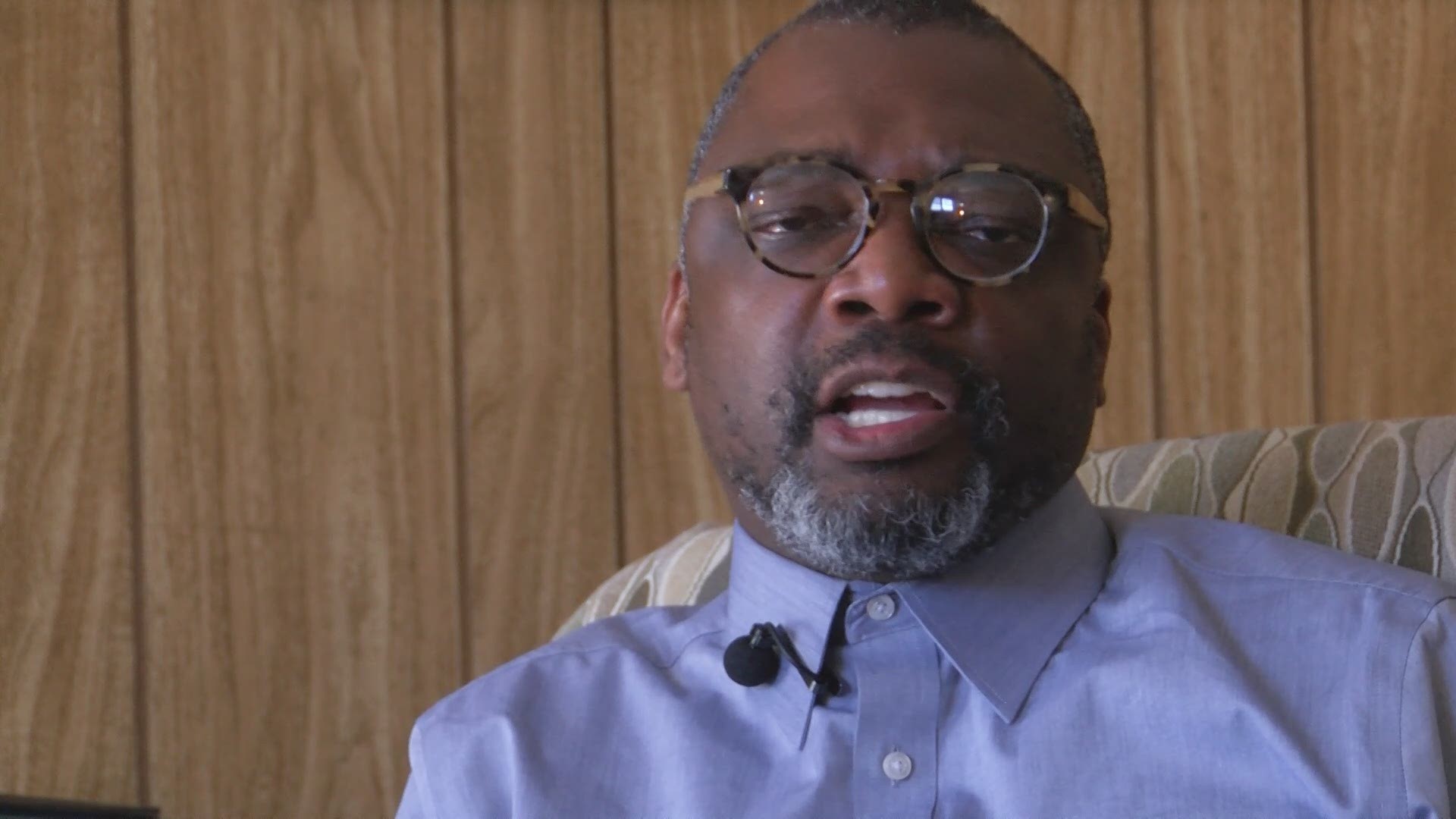DES MOINES, Iowa — If you are someone you know is struggling with suicidal thoughts, call Your Life Iowa at 1-855-581-811 or the National Suicide Prevention Lifeline at 800-278-8255.
In recent weeks, COVID-19 positivity rates and deaths across the country have declined.
As the crisis seems to be shifting, Kenneth Cameron, a licensed mental health therapist, noted the long-term impact the virus has on mental health will be around for a while.
According to the Centers for Disease Control and Prevention (CDC), symptoms for depressive disorder and anxiety increased from 36.4% in the fall of 2020 to 41.5% in the winter of 2021.
"The spike in mental health will continue," Cameron said. "I don't see it going down until we get things back to a normal state, where we don't have to wear masks or social distance."
The CDC also released a report which stated people not receiving formal or professional help for their mental care needs increased from 9.2% to 11.7%.
Although depression, anxiety and people not receiving formal care for mental health increased, overall suicide rates decreased by 5.6%.
"I feel that the suicide rates are declining this time because the pandemic has brought us closer together," Cameron said. "This pandemic didn't touch just one, two, three [people] or a group, it touched everybody."
And Cameron reiterates: The best thing for anyone struggling with mental health or thinking about suicide is to reach out for help.

